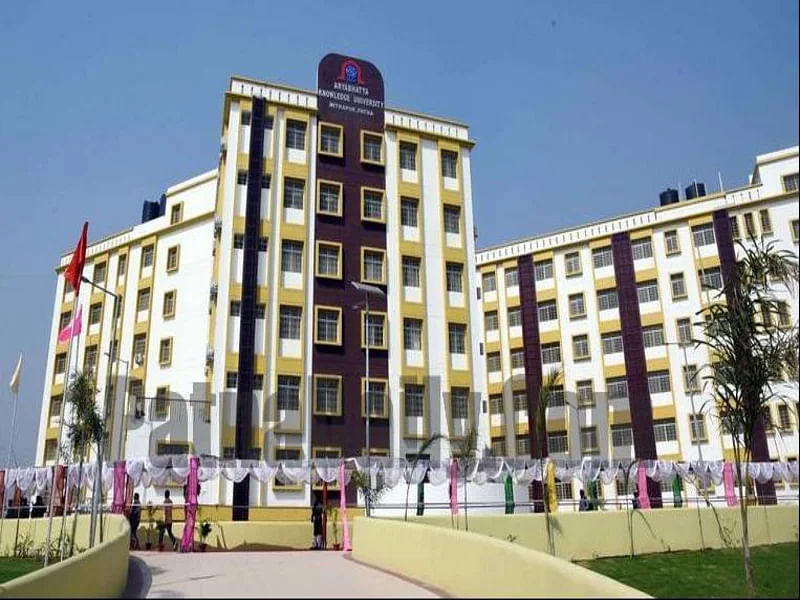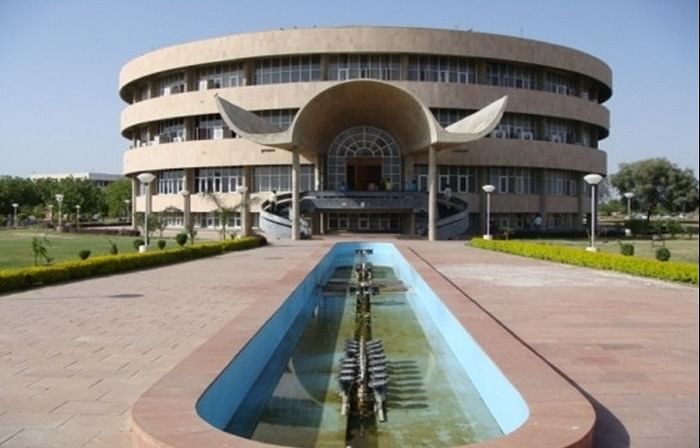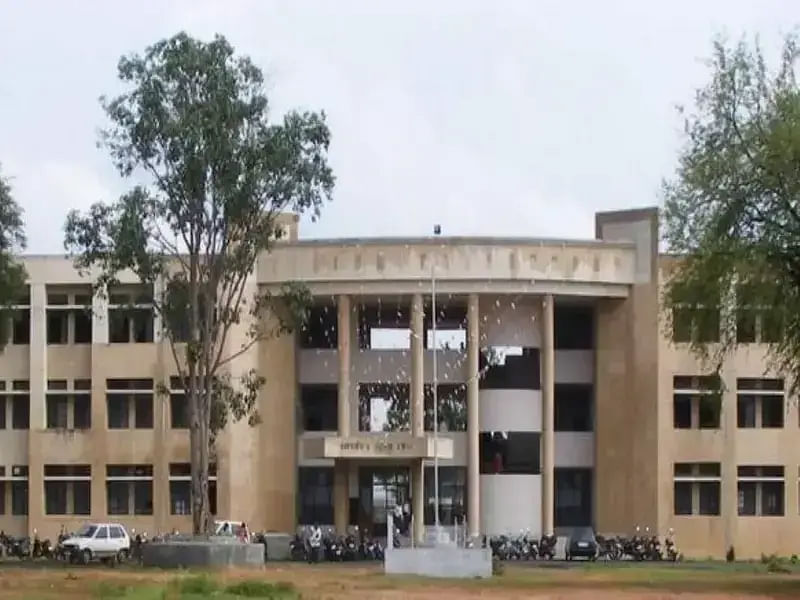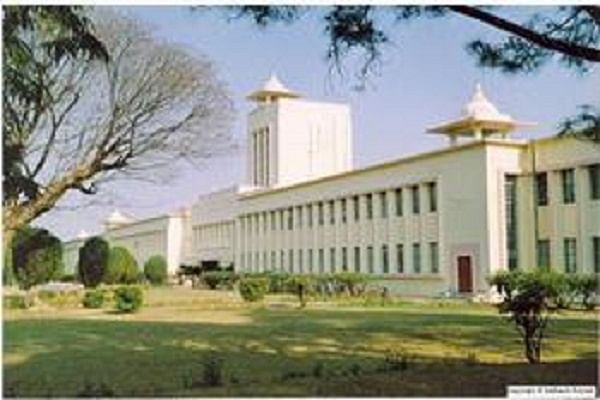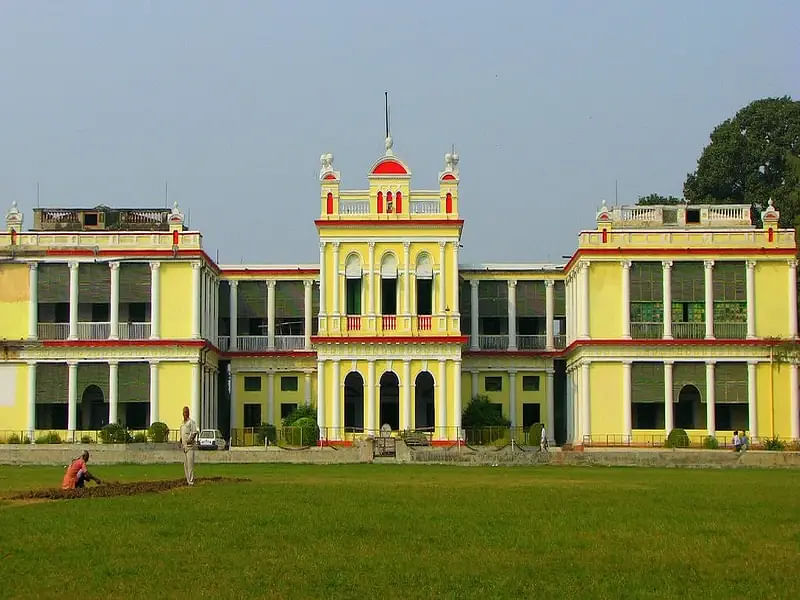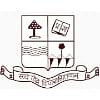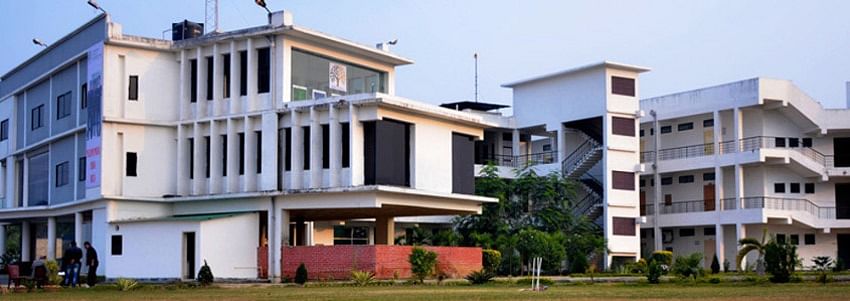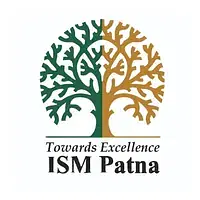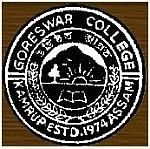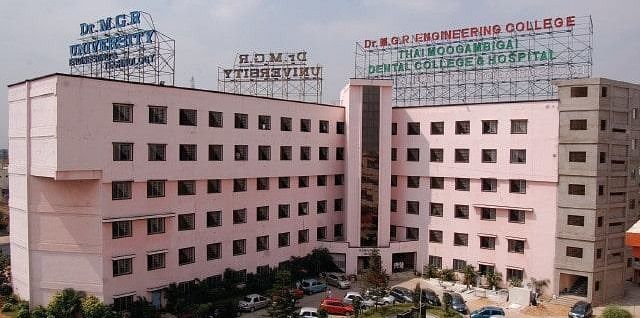BMC Syllabus and Subjects

Bachelor of Mass Communication in India is a 3-year degree course that is divided into six semesters. Bachelor of Mass Communication subjects includes Public Relations, Journalism, Human Relations, Advertising and Film or Video Productions.
Semester Wise BMC Syllabus
Bachelor of Mass Communication syllabus is designed with an aim to provide students with an interdisciplinary foundation and skills needed to become professionals and more educated media users. The BMC course includes both core and elective subjects as part of the curriculum. The semester wise BMC syllabus is as given below:
|
Semester I |
Semester II |
|
English I |
English II |
|
Fundamentals of journalism |
Introduction to reporting |
|
Mass communication |
Photography |
|
Disaster management |
Environment science |
|
Current affairs I |
Current affairs II |
|
Indian political system |
Development communication |
|
Semester III |
Semester IV |
|
English III |
English IV |
|
Introduction to radio |
Media laws |
|
Print editing |
Introduction to television |
|
Cybersecurity |
Human rights |
|
Current affairs III |
Current affairs IV |
|
Introduction to advertising |
Online journalism |
|
Semester V |
Semester VI |
|
English V |
Minor project |
|
Radio specialization |
Major project |
|
Television specialization |
Industrial training |
|
Current affairs V |
- |
|
Advertising |
- |
BMC Subjects
The subjects in the Bachelor of Mass Communication course are designed to enhance the overall knowledge and give a deep understanding of the concepts to the students. It provides knowledge of rhetorical concepts and strategic marketing strategies. The curriculum consists of both core and elective subjects to make the three-year-long programs more flexible. Bachelor of Mass Communication subjects list is as follows:
- Fundamentals of journalism
- Mass communication
- Media laws
- Human rights
- Online journalism
BMC Course Structure
Bachelor of Mass Communication course structure is designed to include both core and elective subjects. The syllabus includes the study of mass communication and the empirical study of multiple forms of communication. BMC course subjects include Public Relations, Journalism, Human Relations, Advertising, and Film or Video Productions. In addition, projects to be submitted by the end of the sixth semester are mandatory as per the curriculum. The course structure is as follows:
- VI Semesters
- Core Subjects
- Elective Subjects
- Industrial Training
- Projects
BMC Teaching Methodology and Techniques
The BMC course syllabus curriculum takes into account different teaching methods. Along with lectures and industrial training, the scholars are trained in elective subjects of various specializations. The teaching methodology is designed to provide industry based learning to the students. Listed below are the different teaching methodologies and strategies in general:
- Group Projects
- Conceptualized Learning
- Traditional Classroom-Based Teaching
- Field-Based Learning
- Practicals/Assignments
- Internships
BMC Projects
Bachelor of Mass Communication projects is given to students for interdisciplinary learning. Projects assist students in getting experience and training in industrial work. Projects are to be completed by the end of sixth semester. Some popular Bachelor of Mass Communication project topics are:
- The attitude of Nigerians to the Role of Mass Media in the Enthronement of Democracy Since 1999.
- Effect of News Commercialization on the Content of Private Media.
- Effects of Mass Media on Yoruba Culture and Tradition.
- Hazards and prospects of Journalism in Nigeria.
- Impact of Social Media on Consumer Behaviour.
BMC Reference Books
Bachelor of Mass Communication books are available both online and offline by many authors and publications. Reference books are meant for better understanding of Mass Communication concepts and are also available online in pdf format. Some of the best reference books for BMC are:
|
Name of the Books |
Authors |
|
Mass Communication in India |
Keval J. Kumar |
|
Cases in Communications Law |
John D Zelezny |
|
Media Planning: A Practical Guide |
Jim Surmanek |
|
Mass Communication Theory: Foundations, Ferment, and Future |
Stanley J. Baran |
